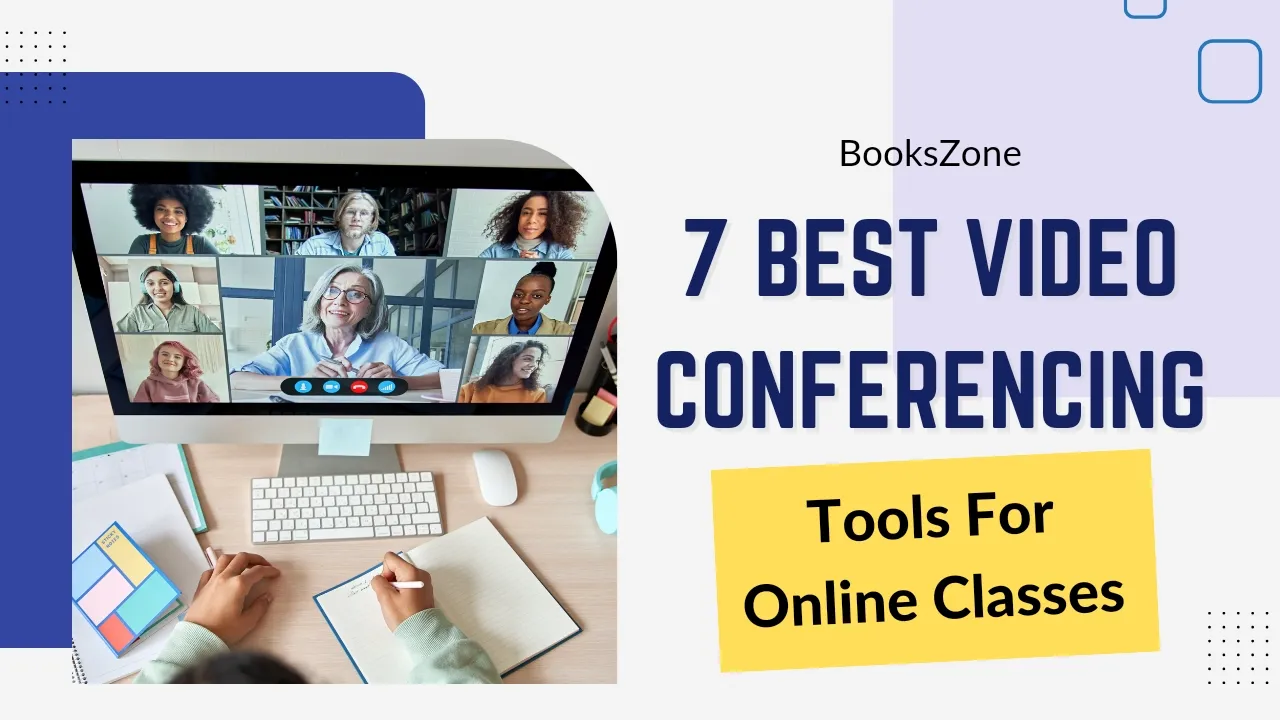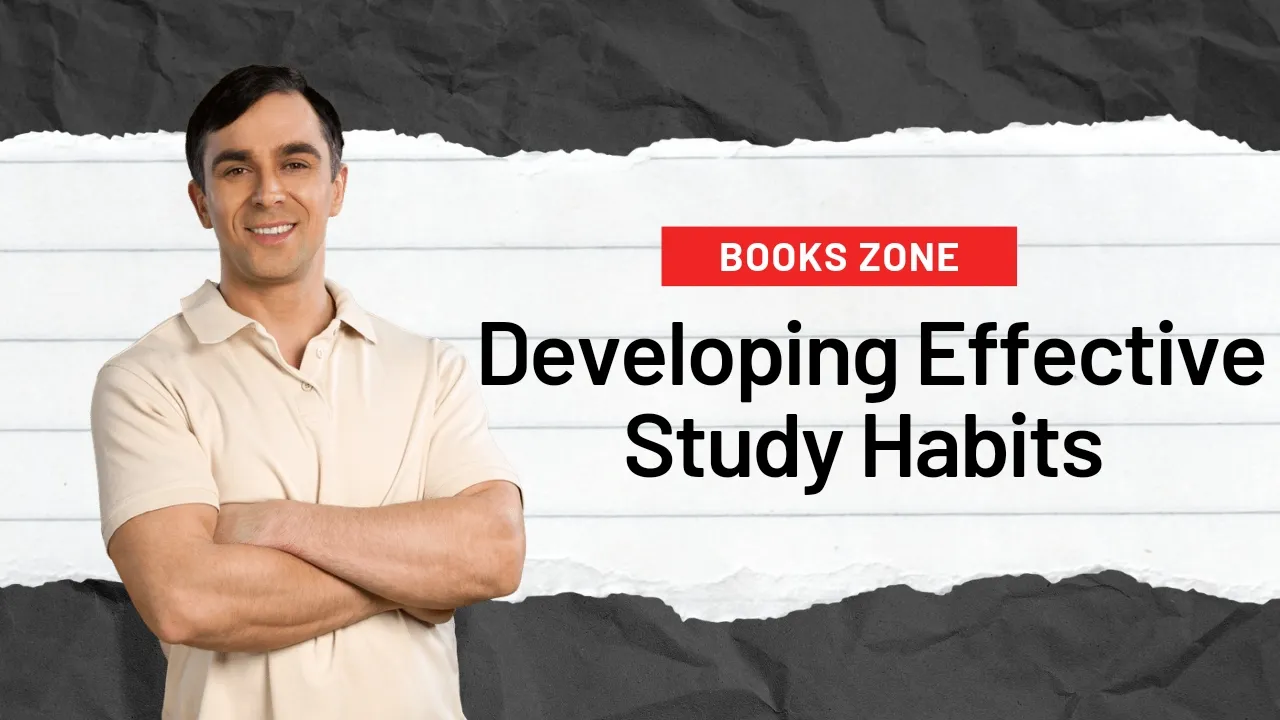Your college experience plays a pivotal role in shaping your future career, skills, network and outlook on life. With so much riding on this pivotal decision, finding the right institutional fit becomes paramount.
It goes beyond just prestige or sticking a pin in a map. The college you select impacts your overall quality of life for four years and preparation for the working world. Certain colleges nurture your interests and goals better than others.
Getting this decision right needs carefully evaluating your priorities across key factors. From academic programs and campus culture to cost and career resources, numerous variables impact whether a college is your “perfect fit.”
That’s why introspection upfront about your aims, needs, personality and learning style is critical. It allows you to identify colleges aligning best with your definition of the ideal experience.
So if you’re feeling overwhelmed by college brochures and ranking lists, here are 9 important factors to analyze during your college search.
1. Areas of Study
First and foremost, ensure your academic interests and career goals match a college’s program offerings. Look closely at the degrees, concentrations, courses, research laboratories and hands-on learning opportunities available in your desired major(s) and potential minors.
Also consider faculty expertise and percentage of professors versus teaching assistants instructing classes for greater mentorship and networking potential.
If you’re undecided, seek colleges with broad liberal arts curriculums or exploratory tracks allowing you to sample varied disciplines before declaring a major.
2. Admission Standards
Review colleges’ admission data to gauge your competitiveness. Metrics like average test scores, GPA, acceptance rates and requirements help determine your chances. Safety, match and reach school categorization informs your college list realistically.
Prioritize schools that closely align with your academic record and prefer your strengths. Along with objective scores, qualitative elements like essays, recommendations, portfolios, and auditions influence your admission odds. Ensure you meet requirements for your target programs.
3. College Culture
Culture plays a huge factor in your satisfaction and sense of belonging at any school. Reflect on elements like campus setting, student body makeup, diversity, social scenes, traditions and extracurriculars you prefer.
For instance, would you thrive better at a smaller tight-knit community or larger urban university with more anonymity? What campus organizations, spiritual life, housing options and athletic spirit appeal to you? Considering your ideal college experience holistically upfront helps narrow choices.
4. Financial Aid and Cost
Let’s be honest – college remains massively expensive, which often limits choices. Factor in total costs beyond just tuition like housing, meals, transportation, supplies and personal expenses. Left unchecked, ballooning student debt negatively impacts your financial future.
Carefully analyze financial aid packages and look for ways to reduce costs. For instance, in-state public universities offer major savings over private colleges for state residents. Community college then transferring to a university provides another affordable option.
Discuss funding plans with parents, compare federal grants and loans against institution-specific aid, and scout scholarships. Cost should not necessarily be the determining factor, but remains pivotal for most families to consider.
5. Career Development Resources
Speaking of the future, evaluate what career services and experiential learning opportunities each university provides to help you thrive professionally. Options to prioritize include:
- Career development courses and coaching
- Resume critiques and mock interview practice
- Alumni mentoring and networking events
- Internships, co-ops and hands-on projects
- Company visits, recruiting and job fairs
- Graduate school and pre-professional advising
Gaining practical experience through internships or working campus jobs specific to your goals provides an invaluable edge after graduation. Robust career resources allow you to start building connections and skills early.
6. Campus Life Offerings
Beyond just academics, campus culture greatly impacts your development and life experiences over four years. As you tour colleges, here are some questions to ask about campus life:
- What residential housing options exist for your class year?
- Are living-learning communities available for your interests?
- What dining, health, fitness and wellness facilities are provided?
- Does the university feel safe and inclusive for all students?
- How active are campus traditions, events, clubs and organizations?
- What opportunities exist for community service and engagement?
These experiential elements outside the classroom fundamentally shape your holistic skills, relationships, memories and sense of community within a college environment.
7. Unique Programs and Opportunities
Many colleges gives specialized programs or unique opportunities that could be worthy. These things brings a closer look if aligned with your specific aims.
For example, schools may provide accelerated combined degree options, semester studying abroad, undergraduate research alongside faculty, honors colleges, leadership programs, entrepreneurship resources, diversity enrichment programs, service learning, or interdisciplinary academic tracks.
Programs or experiences that allow you to maximize your distinct interests and stand out from job candidates should factor into your decision criteria.
8. Campus Location and Environment
As simple as it may sound, the location, setting and surrounding community of a college campus leave a great impact on your overall experience. Consider your location preferences:
- Looking for a rural, college town or urban environment?
- Is the geography, climate and scenery appealing to you?
- What transportation options exist for heading off campus?
- What types of internship, entertainment and activity opportunities exist locally?
- Do you have existing community connections nearby for comfort?
- How easy and affordable is traveling home for breaks?
The lifestyle, accessibility and overall college community fit related to a campus location may influence your enjoyment and success.
9. Alumni Network and Support
Finally, research each university’s alumni engagement and influence carefully. Colleges with strong networking opportunities, mentorship cultures, career assistance and giving rates indicate healthy post-graduate pathways.
Ask about stats like internship placement through alumni, percentage of recent graduates still engaged in university programming, and data on alumni hiring fellow graduates.
Frequently Asked Questions
How important is national college ranking?
While rankings convey a sense of prestige, they only tell part of the story. Fit factors tailored to your goals, background and personality hold greater importance. Besides, many lesser known colleges outperform elite rankings.
Do I need to tour colleges in-person?
While not absolutely required, visiting campus provides irreplaceable insights into atmosphere, community and resources. Virtual tours only go so far. At minimum, plan visits for your top option(s).
Can I apply to too many colleges?
You’ll need to balance application fees and workload for numerous school requirements. Most experts recommend a balanced list: 3-6 target colleges, plus 2-3 safeties or reaches.
When should you commit to a college?
Ideally, you’ll identify your top choice by late March when most admission decisions arrive. But take time to thoroughly compare financial aid packages and acceptances prior to the National Candidate Reply deadline in early May.
How does college choice impact career paths?
Your institution lays the foundation through academic programs, internship pipelines, alumni connections, research experiences and career services offered. However, motivation and performance ultimately determine opportunities more than college selectivity.
Is the cheapest option the best college pick?
Cost remains an important consideration, but avoid viewing it in a vacuum. A more affordable college or community college may sacrifice quality, resources and post-grad impact. Calculate longer-term ROI beyond tuition price tags.
Conclusion
Selecting the optimal college include valuating far more factors than just prestige rankings or name recognition. The “right” college is a nuanced decision aligning your personal priorities, interests, scholastic fit and overall goals.
With thoroughly considering academic programs, cost, campus culture, support resources and future pathways each college provides, you can gain confidence in your final college choice.














Leave a Comment